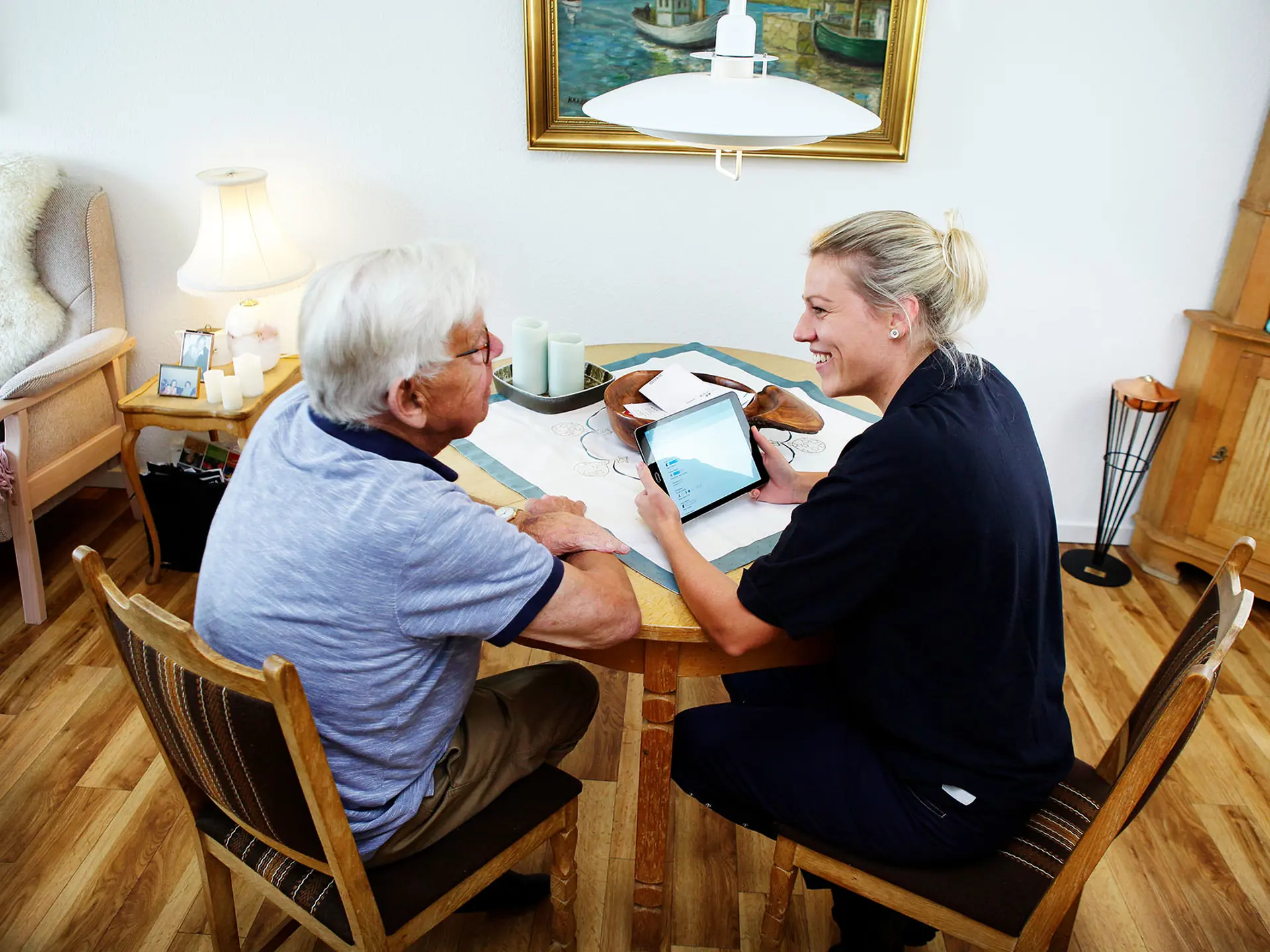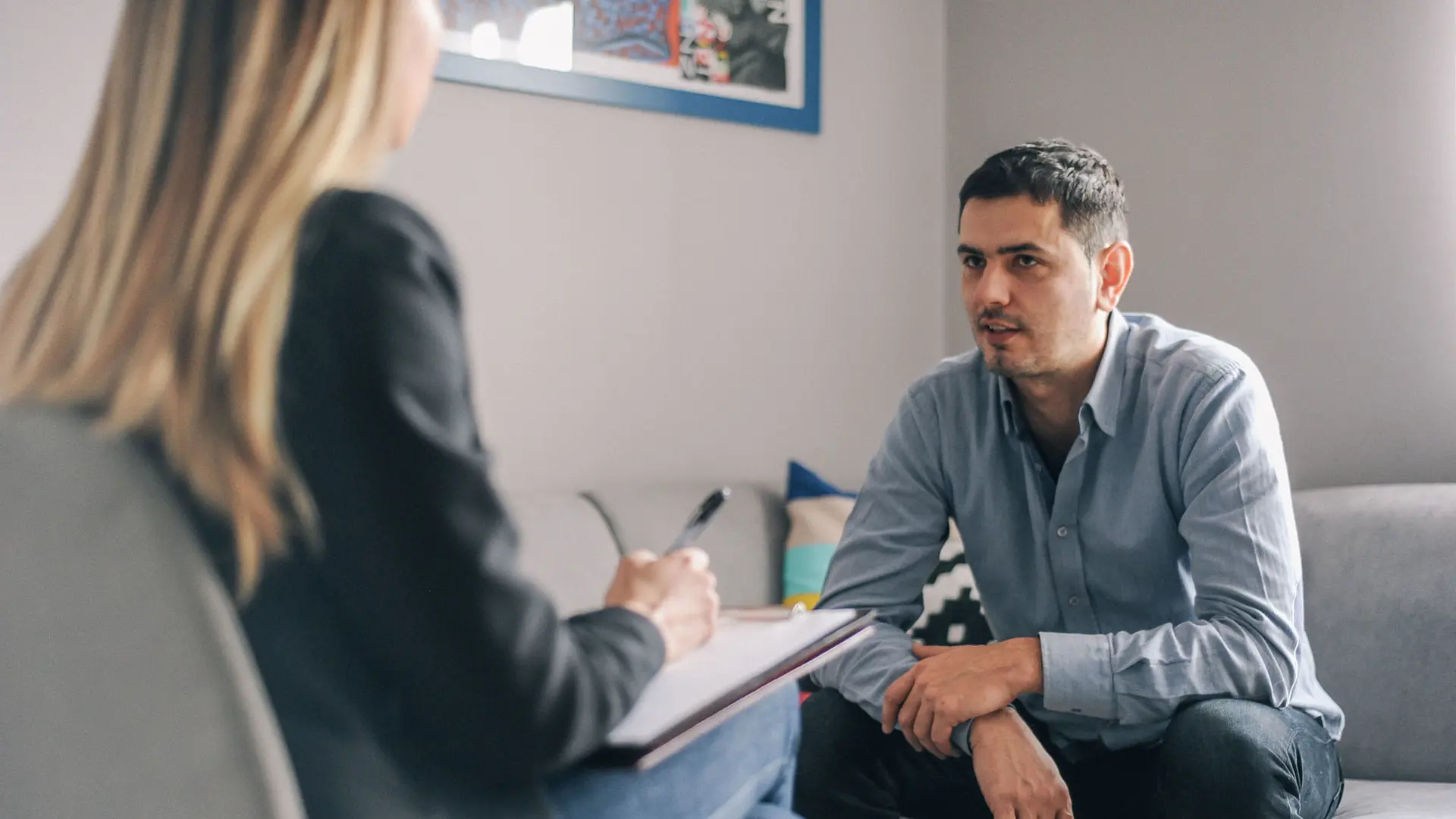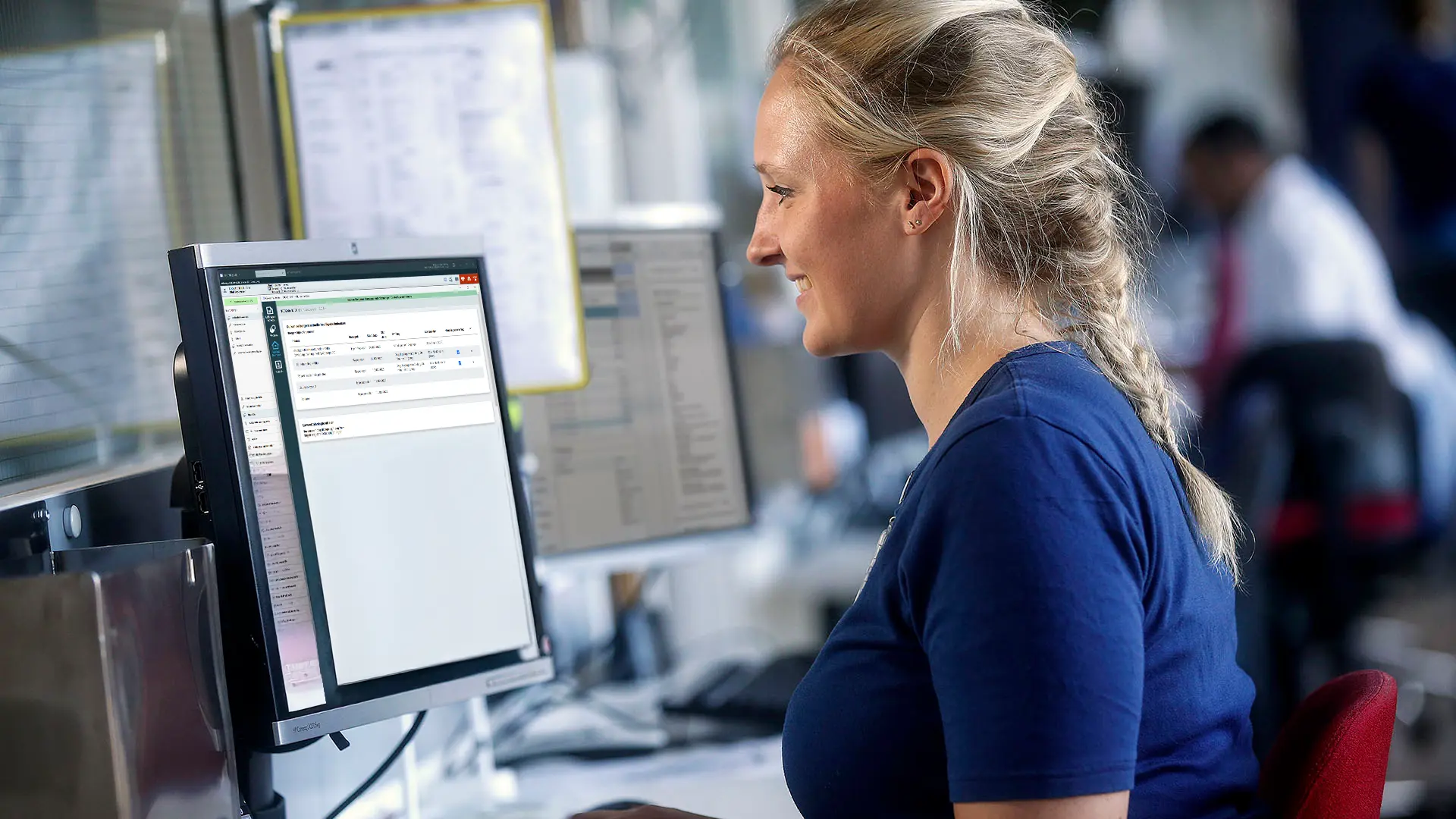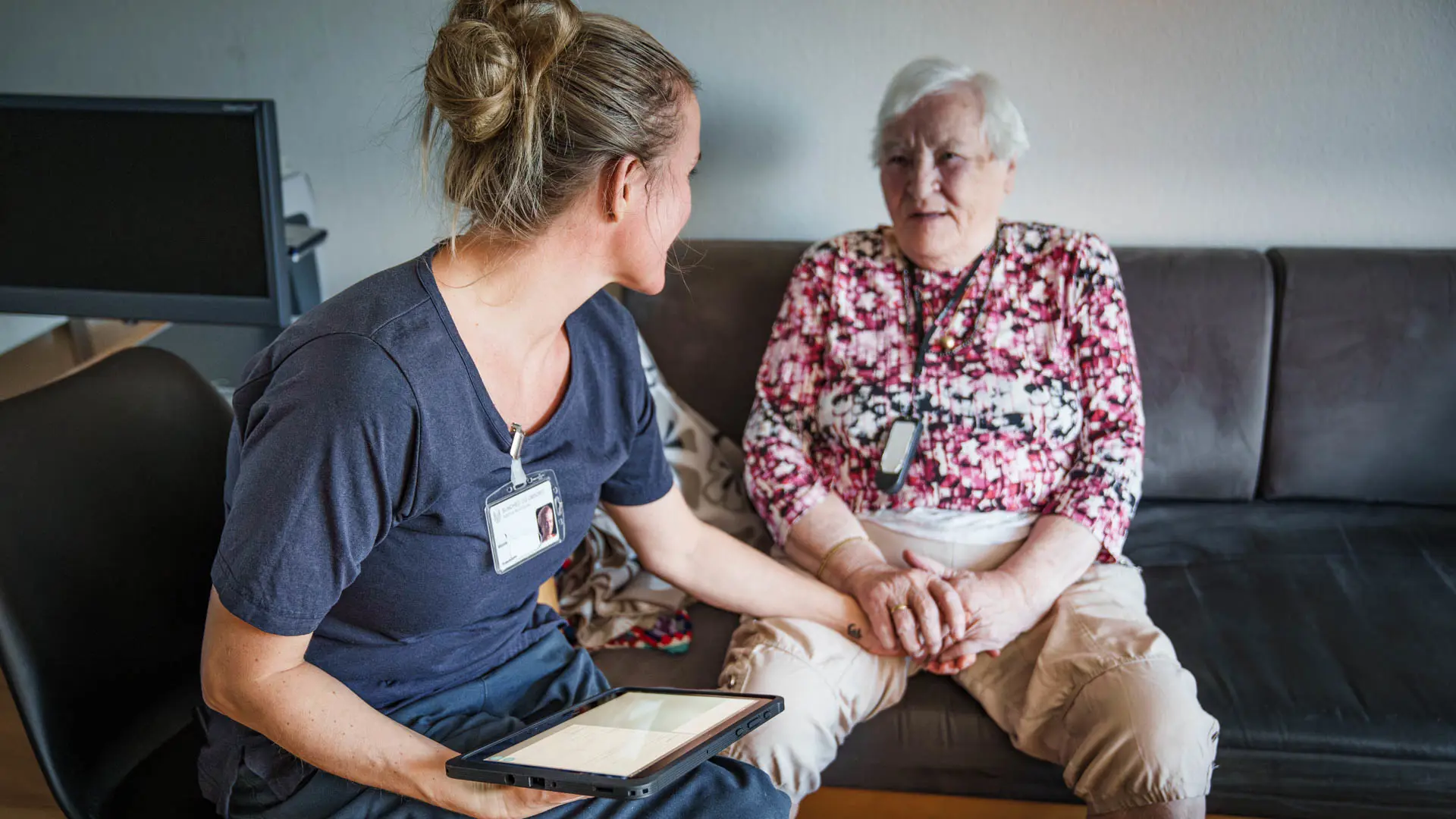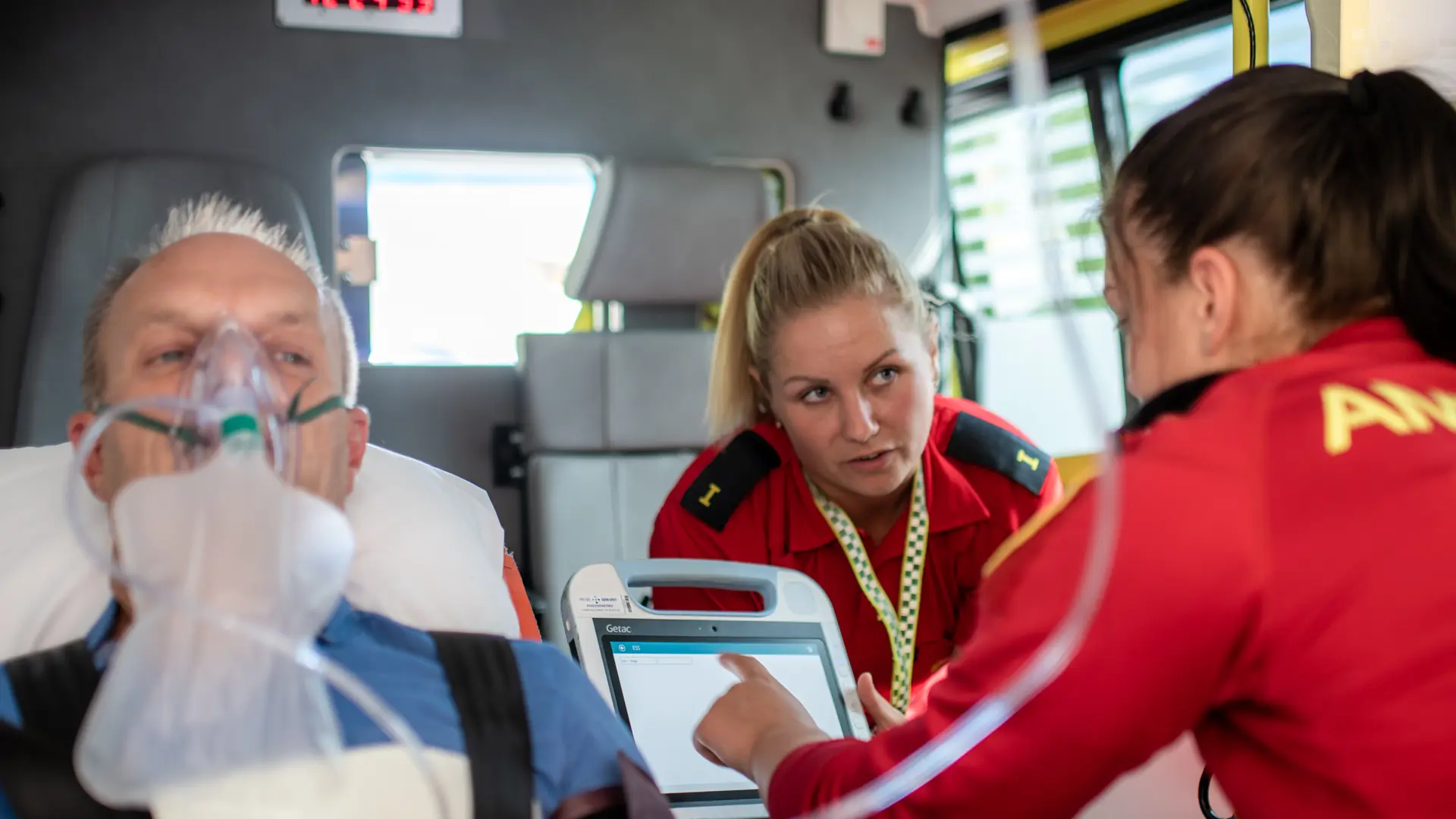Public-Private Innovation project uses AI to ease documentation for municipal healthcare staff
How can we ease the documentation task for municipal staff in health and elderly care services while simultaneously creating a safe care pathway for citizens using artificial intelligence?
This is precisely what Systematic is exploring in collaboration with Copenhagen, Aarhus, and Aalborg municipalities in a 2-year Public-Private Innovation project (PPI). The project is called ‘Talt’ (meaning ‘spoken’ in Danish) and aims to make the documentation task simpler and faster for municipal healthcare staff.
"We are very excited to work on this project because we see great opportunities in applying AI technology to healthcare solutions in the future. The Talt project is an example of how AI technologies can benefit many people - in this case, residents, patients, and healthcare professionals," says Brian Fisker, VP Sales, Healthcare, at Systematic.
A challenged system calls for new tools
A growing number of elderly and chronically ill residents are challenging the healthcare system, which is already struggling to attract and retain the staff needed to care for vulnerable residents. Therefore, there is a need for better digital support for healthcare staff workflows, such as documentation tasks, so employees have more time for care.
Collaboration between Systematic and three danish municipalities
In the new public-private innovation project, Talt, Systematic is therefore exploring in collaboration with Copenhagen, Aarhus, and Aalborg municipalities how artificial intelligence can be used to ease the documentation task for staff in health and elderly care services.
The purpose is to:
- Reduce the time spent on documentation
- Make documentation tasks simpler and more user-friendly
- Standardise and quality-assure documentation
What is a Public-Private Innovation project?
A Public-Private Innovation project is a form of collaboration in which a public organisation and private company collaborate to solve a challenge.
For Systematic, such collaborations are very valuable as they provide the opportunity to find the best solutions directly rooted in the user’s daily work.
The municipalities of Aarhus and Copenhagen also highlight why the collaboration is important: “To be able to harness the potential and make a positive difference for employees and citizens, it is not enough to focus solely on the technology’s possibilities. We also need to thoroughly understand employees’ workflows and concrete needs in their daily work”
AI creates new possibilities
Words like artificial intelligence and speech technology are now on everyone's lips - including Danish municipalities. Both employees and managers are interested in exploring how they can best utilise the technology:
"We know that AI and speech technology are mature - and the potential for helping our staff is significant. We must take advantage of this," says Lasse Skjalm from Digitalisation, Welfare Technology and Assistive Devices at Aarhus Municipality.
Artificial intelligence will make it possible to generate a documentation proposal based on the conversation between a resident and an employee. The employee can accept, adjust, and/or reject the proposal, thereby more quickly updating the resident's record with relevant information and freeing up time for the important care and contact with the resident.
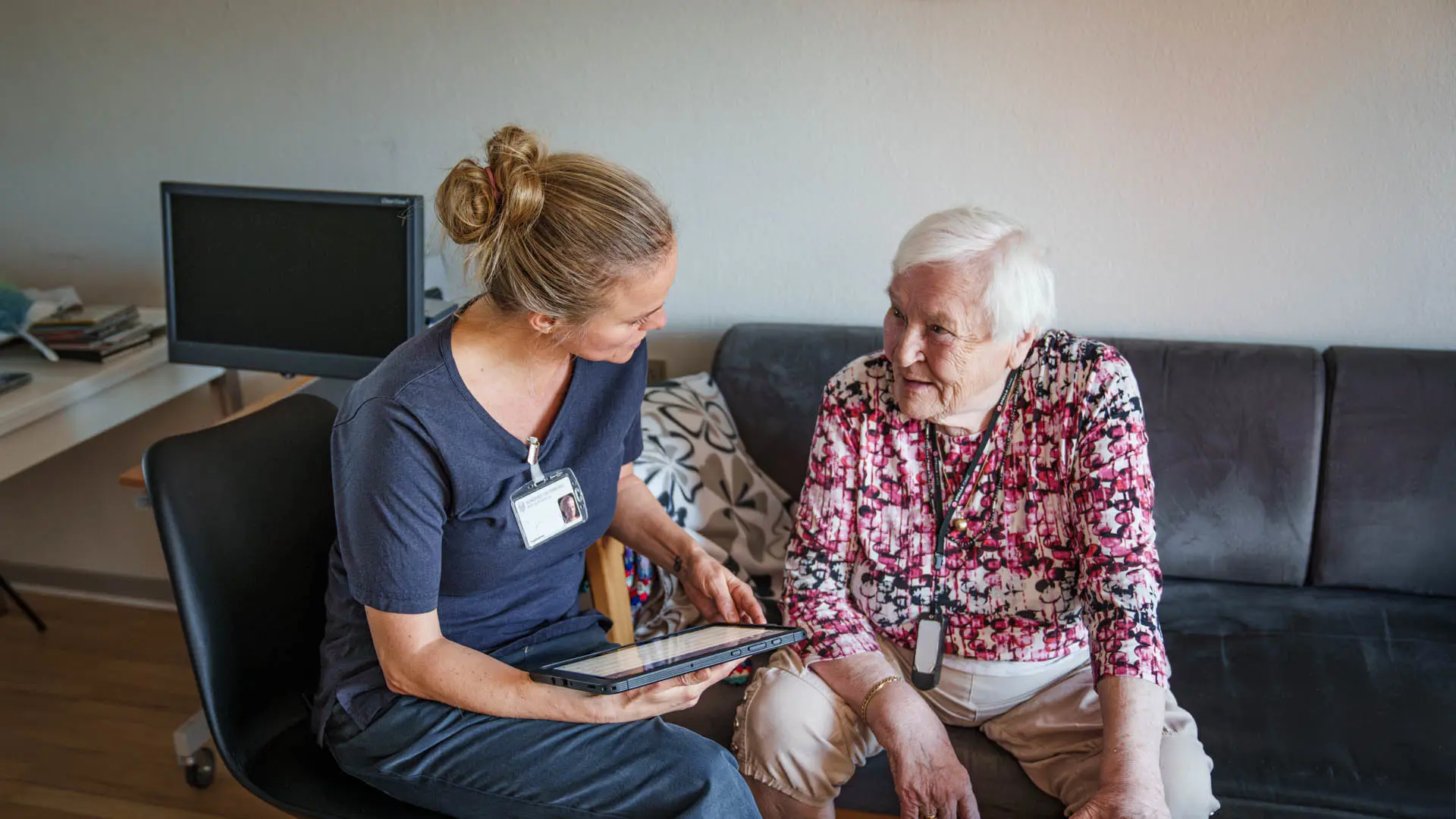
Create an overview of the citizen's care pathway
In home care, it is important that the employee familiarise themselves with the individual resident's record before a visit. The project, therefore, investigates whether artificial intelligence can help the system create a professional summary with relevant information from the resident's record.
With this function, the employee is better prepared for the meeting with the resident. The resident will also experience meeting a well-informed employee who knows the resident's background and care needs.
Prototype tested in eight municipalities
The project partners needed real-world testing to build a truly useful solution. Eight municipalities of different sizes - with different electronic care record systems - tested the prototype, ensuring both broad representation and long-term viability.
Nursing assessment staff tested the prototype through simulated resident consultations using realistic scenarios. The solution automatically transcribed these conversations and properly categorized the information into the correct sections of the care record.
Healthcare staff see great potential for time savings
The feedback from staff is generally positive. In a questionnaire survey answered by 36 healthcare professionals,
- 69% responded that they believe they would save time in nursing assessments using the solution.
- 66% would use it if it were fully developed.
"We know that the path to a finished solution ready for implementation in municipalities is complex. We need a sustainable legal foundation that not only gives us the green light in the development phase but also enables us to implement AI solutions in digital patient records. With our knowledge and experience from this project, we can identify barriers in relation to various legislation. Our dialogue with the AI task force and various ministries gives us reason for optimism," explains Tina Tranberg.
She hopes that the project can help pave the way for other AI projects in the municipal healthcare arena to succeed as well.
Latest news
We are happy to share what we do. You can find our latest news here or browse through all of our healthcare news by clicking the button below.
